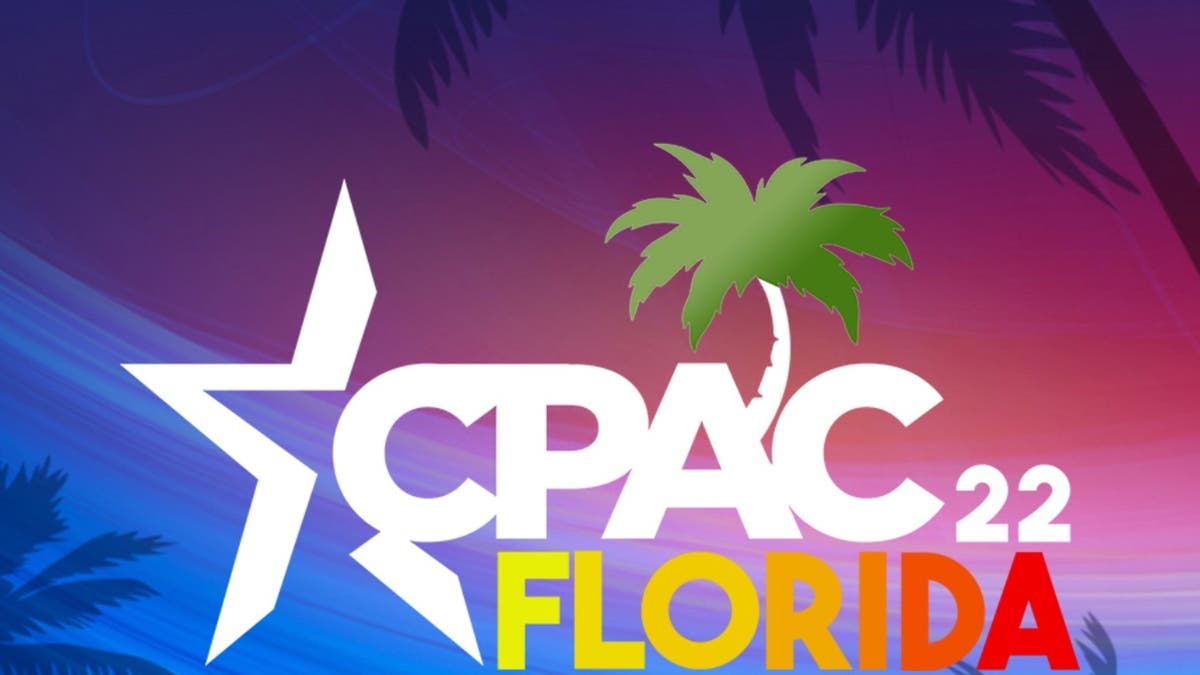- by foxnews
- 27 Nov 2024
Opinion: Artificial sweeteners can be worse than the sugar they replace. Here's a better alternative

Editor's Note: Susan Puckett is a James Beard Award-nominated food journalist and editor who has authored or collaborated on more than a dozen books. She was the food editor for The Atlanta Journal-Constitution for nearly two decades. The views expressed in this article are her own. Read more opinion at CNN. This piece has been updated to reflect the latest news regarding the risk assessment of aspartame.
For many of us, the quest for a sugar alternative to satisfy our sweet cravings knows no end.
Food companies have rolled out a parade of faux sugar options since the accidental discovery of saccharin in a lab well over a century ago. But none of these sweeteners has escaped controversy, not even the ones touted as "natural."
In June, the World Health Organization's International Agency for Research on Cancer assessed aspartame, a common sweetener, for potential carcinogenic effects. And, on Thursday, the Joint Expert Committee on Food Additives, a WHO and United Nations committee, released an updated risk assessment for consuming the product. While the committee deemed that there is "limited evidence" to suggest carcinogenicity in humans and reaffirmed the acceptable daily intake to be 40 milligrams per kilogram of body weight, this does not mean it's advisable to rely on aspartame or other sugar substitutes to satisfy your sweet tooth.
(American Beverage, an association that represents the non-alcoholic beverage industry, said in a statement: "There is a broad consensus in the scientific and regulatory community that aspartame is safe. It's a conclusion reached time and time again by food safety agencies around the world.")
The latest sugar substitute to come under fire is erythritol, a sugar alcohol found in small amounts in fruits and vegetables and often blended with popular plant-based sweeteners such as stevia and monk fruit in a litany of products geared to a health-conscious crowd. Often, it's listed on product packages under a generic term, such as "reduced sugars," so you may have consumed it without realizing it.
But earlier this year, a scientific report linked erythritol with higher rates of blood clots, heart attacks, and strokes - the very ailments we were thinking it might help prevent. Industry reps pushed back, claiming the findings were contrary to decades of scientific research attesting to its safety.
Outside nutrition experts hedged, cautioning that "more study is needed" before jumping to any conclusions. Confused consumers vented frustration in failing to get a straight answer as to whether their coffee sweetener of choice posed a legitimate safety risk.
I can sympathize. Having been immersed in food journalism for four decades, including a stint as a health editor, I tend to have a skeptical attitude toward every new diet study that comes out. I figure it's just a matter of time before another one will come out refuting it.
Fresh in my mind are the years when fat, not carbs, was deemed the root of all dietary evil. We endured soggy toast slathered with watery "light" margarine for breakfast and helped ourselves to the fat-free cookies on the office snack table, all the while wondering why our pants kept feeling tighter.
What a surprise then, to learn that research in the 1960s implicating saturated fat, rather than sugar, as a cause of heart disease was funded by the sugar industry. Or that in 2015, Coca-Cola enlisted scientists to convince us that too little exercise was more to blame for those extra pounds than sugary sodas.
A 12-ounce can of Coca-Cola contains 39 grams of sugar (which amounts to roughly 10 teaspoons) in the form of high-fructose corn syrup. Drinking zero-calorie versions instead would seem to give us license to guzzle them guilt-free, as I did for years. But here's the rub: while they may save us calories in the short run (140 per can), they do nothing to curb our sweet tooth or hunger. Studies have suggested, in fact, any kind of sweetener - fake or real - may in fact be exacerbating the problem.
A 2016 Scientific American article reveals how "extremely sweet or fatty foods captivate the brain's reward circuit in much the same way that cocaine and gambling do." Michael Lowe, a clinical psychologist at Drexel University, coined the term "hedonic hunger" to refer to the pleasure-driving eating people do after they've met their energy needs.
According to Lowe's research, "the brains of overeaters demand a lot more sugar and fat to reach the same threshold of pleasure as they once experienced with smaller amounts of foods."
And while artificial sweeteners may be able to satisfy our taste buds' initial desires for sugar, a 2022 study indicates that our guts know the difference and communicate to our brains their preference for the real thing.
The food industry provides us with a cheap and steady supply of those options at every turn, in places we don't necessarily expect, such as in sandwich bread and lunch meat. Because sugar and other sweeteners come in a growing number of forms - often under names too difficult to pronounce that frequently end in "-ose" - it's become increasingly complicated to keep track of how much is going into our bodies.
And it's important to bear in mind that not all sugars are created equal.
"Lactose, the sugar in milk, is less sweet and a natural component of dairy milk and yogurt," Christine Rosenbloom, a registered dietitian, nutrition consultant and a professor emerita at Georgia State University, explained in an email.
"And I hate seeing fruit demonized as having too much sugar. Fruit comes in a nutrient-rich package of naturally occurring sugar, water, fiber, vitamins, minerals and phyto (plant) nutrients that support good health."
Natural and less-processed sweeteners such as honey, agave, maple syrup, and coconut sugar may contain some trace nutrients. But "they're not health foods or 'super foods' as some claim," Rosenbloom noted. "They're all sugar and you still need to keep the amount you use in check."
So how then, are we supposed to apply the ever-evolving information about sugar and its stand-ins to our daily lives?
"I think it is important to remember that the research linking sugar to every chronic disease is observational, so it shows a correlation, not a causation," Rosenbloom explained.
"And, in animal studies that show a harm of sugar to health, the animals are given doses hundreds of times that a human would consume. The key is the amount of sugar you eat and how it fits your entire dietary pattern."
One thing is certain: There can be no question about the need to reduce our sugar intake. We've been hearing for years that obesity rates are through the roof and rising, along with the myriad life-threatening conditions associated with them: heart disease, type 2 diabetes, stroke, certain types of cancers and more. Sugar, we're well aware, is a major contributor.
Suggestions that we should replace ultra-processed foods with fresh foods, and diet sodas with water or unsweetened tea, tend to be met with eyerolls. But as a recovered vegetable-phobe and Diet Coke addict, I speak from experience when I say it can be done - so long as you do it gradually.
My main trick for weaning myself off sweet stuff has been turning the focus to wholesome foods with savory - or at least not so sweet - flavors I like just as much. There's plenty to choose from in the produce aisle.
There was a time when I couldn't imagine starting my day without cereal or a granola bar and orange juice. When I realized how much sugar was in both, I adopted a new morning habit: a bowl of frozen, unthawed blueberries or cherries mixed with full-fat plain Greek yogurt sprinkled with nuts and drizzled with a teeny bit of honey. It's better than ice cream! (OK, maybe that's a stretch.)
For savory fare, if the thought of carrots or cauliflower doesn't excite you, try tossing them in a little olive oil and seasoning and roasting them in a super-hot oven until they begin to naturally caramelize. You just may become a convert.
And quit buying the chemical-laden bottled dressings and toss your salads instead with flavorful oil, a splash of vinegar or citrus, and salt and pepper - no need to mix or measure. No time to cook? A roasted rotisserie chicken from the deli can supply you with satisfying low-carb protein for days.
Make no mistake: I am still very much pro-dessert. I just opt for a smaller portion. Unless ganache is involved, and then all bets are off. And Rosenbloom heartily approves.
"In today's world, it's almost impossible to eliminate sugar completely and I for one will not be making my own ketchup! Sometimes a spoonful of sugar really does sweeten our life and help the medicine go down."
- by foxnews
- descember 09, 2016
Flight passenger ignites debate after posting photo of traveler's coat thrown over seat
A traveler who said he was flying on Delta posted a photo on Reddit showing that a passenger had their jacket draped over a seat, sparking a discussion in the comments section.
read more


